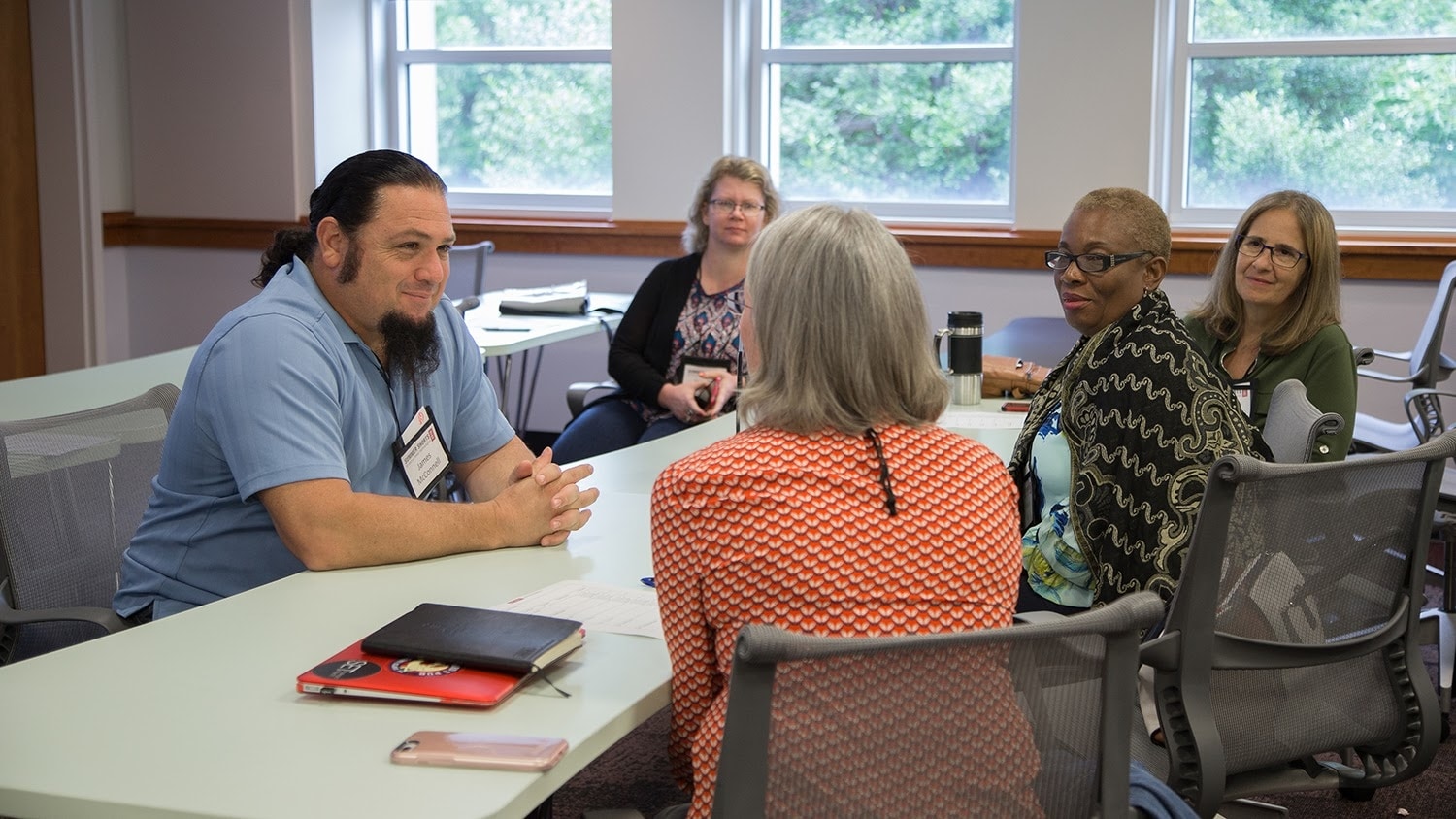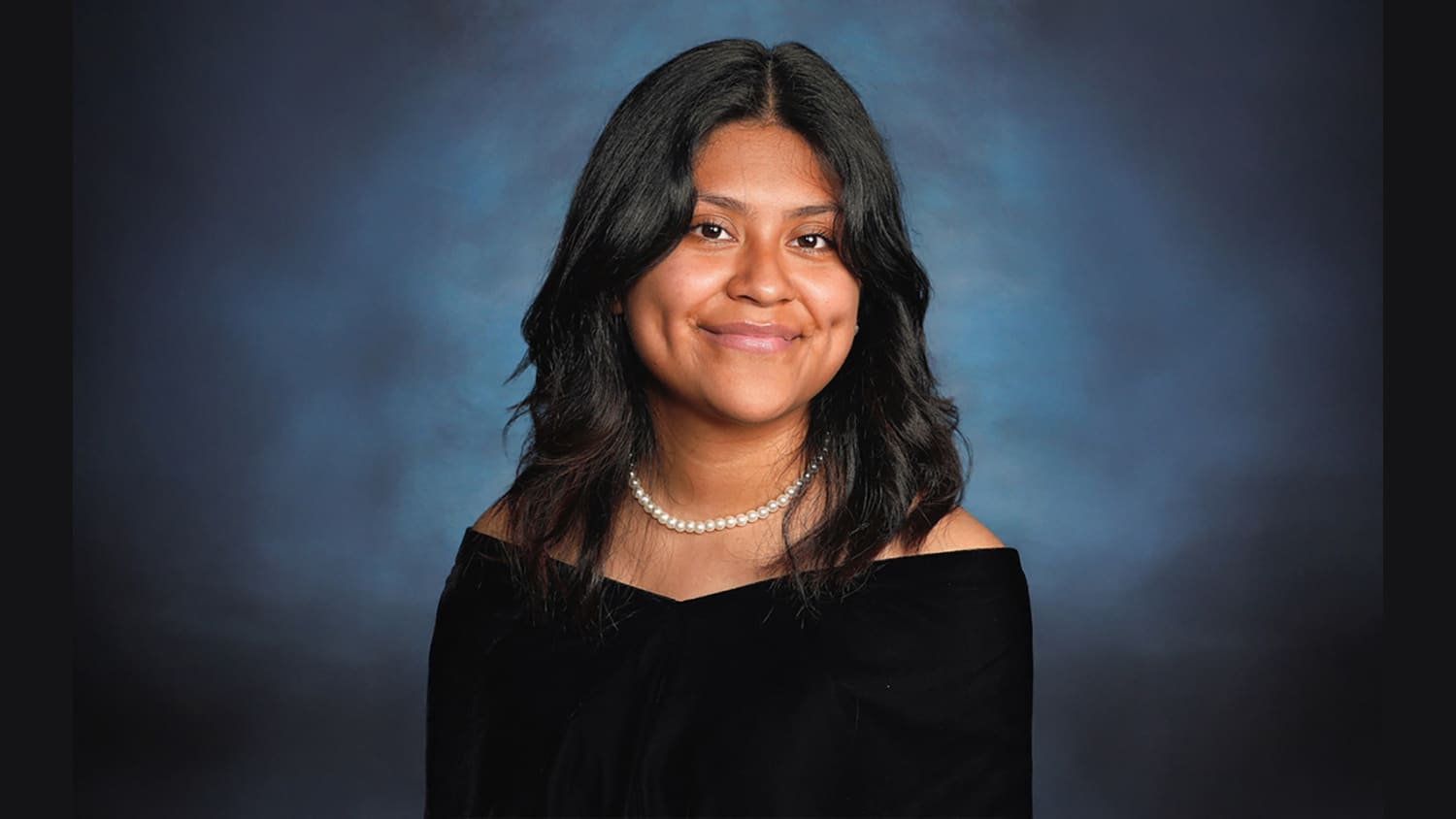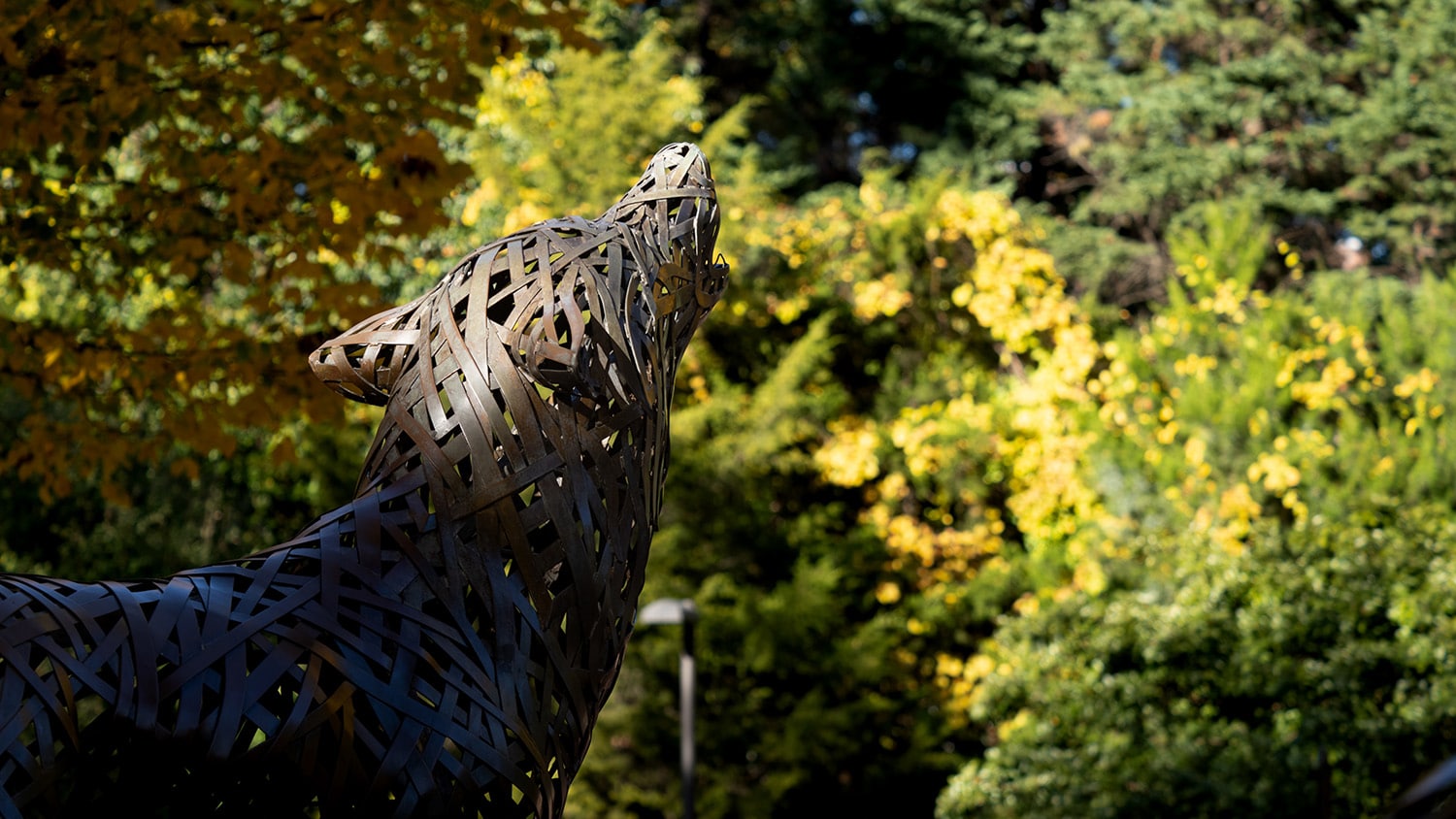DELTA Faculty Fellows Support NC State Peers in Academic Continuity

DELTA Faculty Fellows are an excellent resource for NC State faculty as the university practices remote instruction. Several former and current Fellows are helping their peers keep teaching during uncertain times, including Associate Professor Kimberly Allen, Teaching Professor Maria Gallardo-Williams, Senior Lecturer James McConnell, Associate Teaching Professor Annette Moore, Associate Teaching Professor Justin Post, Assistant Teaching Professor Melissa Ramirez, Associate Teaching Professor Angie Smith and Assistant Teaching Professor Stacy Supak.
As NC State experiences temporary changes to its learning environment, DELTA Faculty Fellows past and present are stepping up to help instructors and students find success in distance learning and achieve academic continuity.
DELTA Faculty Fellows are NC State faculty members who have demonstrated excellence and innovation in teaching with technology. Several teach entirely online while others employ blended learning models and innovative teaching techniques. Whatever their expertise, Faculty Fellows are on the cutting edge of learning technology at NC State.
Now more than ever, the NC State community is seeking learning technology solutions. In the wake of COVID-19 and social distancing guidelines from the Centers for Disease Control and Prevention, all NC State courses transitioned to online, remote instruction beginning March 23. As the date approached, faculty worked diligently to quickly move their classes online and learn the basic skills required for online teaching.
Who better to help than a DELTA Faculty Fellow?
Faculty Fellows regularly work alongside DELTA staff by leading teaching with technology workshops, hosting panels and exploring new applications. Current and former Fellows ramped up their efforts to help meet the demand for online learning support. As they share their knowledge, they act as advisors and mentors for faculty new to remote teaching and learning technology. Here’s how they’re supporting their NC State peers in academic continuity:
Guiding Colleagues
DELTA Faculty Fellows serve as valuable knowledge sources for faculty in their own departments. As more faculty than ever take their courses online, Justin Post, James McConnell and Annette Moore are guiding their colleagues through the switch.
In the Department of Statistics, Post is leveraging years of experience in online teaching to serve as the point-person for the transition. Post created a shared support document to consolidate the most relevant information and recommendations for faculty. He also helps host department-wide meetings to touch base with faculty and discuss important topics like how to use Moodle and best implement changes.
James McConnell from the Department of Foreign Languages and Literatures has similarly compiled support materials drawn from his extensive background in online instruction. He’s created instructional videos, Google Docs, and met virtually with individuals to help them with the transition. Throughout the process, McConnell has made positivity a priority.
“I have been sending emails to our listserv to try to help everyone stay positive and put this in perspective; I even created a Google Photos album where people could share photos of what their home office looks like so they can inspire others,” he says.
In the Department of Parks, Recreation and Tourism Management, Annette Moore is helping faculty elicit student interaction remotely. She says tools like Top Hat and PlayPosit are versatile ways to share course content online while encouraging student engagement with the material.
Moore recommends collaborating with peers and taking advantage of university resources to remotely revamp the systems we’ve built in-person, from schedules and workflows to course outlines and assignments.
“These challenges are providing opportunities for us to take a fresh look at what we do and how we deliver content,” Moore says.
Writing Articles
Fellows are also putting pen to paper (digitally) to share advice and resources in the form of news articles. In Tips from Faculty for Quickly Preparing to Teach Online, Angie Smith, Melissa Ramirez, Justin Post and Maria-Gallardo Williams talk about the tools and techniques they use to help instructors make a smooth transition online with built-in best practices.
Melissa Ramirez and her colleague Dr. Claire Gordy enlisted students from the Department of Biological Sciences to help write Tips for Students to Prepare for Online Learning which promotes healthy work habits from home like organization, goal-setting and communication.
Maria Gallardo-Williams co-wrote Teaching in the Times of COVID-19 with friend Paulette Vincent-Ruz for the Nature Research Chemistry Community. The article features ready-made content for educators to use freely, including S.M.A.R.T. Lab Videos from NC State Undergraduate Organic Chemistry Teaching Laboratories.
In the College of Education, Angie Smith lent her voice to their ongoing series Ask the Expert to provide educators with ways to engage their students online and support one another. Smith emphasizes that there are many options when it comes to online learning and encourages teachers to pace themselves.
“Typically, course design and delivery is planned and we have time to prepare. We are faced with rapid design and a quick turnaround, which is very different and can be stressful. Focus on the present and develop a plan starting from this moment, then move forward at a pace that makes sense for you. Even though online learning appears as if it is a ‘sprint’ at the moment, in my opinion, online instruction is usually more like a marathon. In training for a marathon, we do not want to expend all of our energy at the beginning, which will leave us burnt out at the end,” says Smith. “Give yourself grace and extend it to others, including your family, co-workers, students, and community. For each of us, it is important to identify our own capacity and how we manage change.“
Getting Social
Social media is an excellent place for faculty and students to support one another. Several Faculty Fellows are using their personal platforms to speak directly to the NC State learning community.
Associate Professor Kim Allen from the Department of Agricultural and Human Sciences is an expert in family life coaching, relationship education and youth development. To help families manage this challenging time, she tweeted Combating Stress and Anxiety in Family Life, an article she wrote which offers strategies for stress reduction and parenting during COVID-19.
Gallardo-Williams has worked extensively with DELTA staff members in the past to develop organic chemistry labs in virtual reality as part of an Exploratory DELTA Grant. She’s now sharing these materials on Twitter to help instructors achieve academic continuity in lab courses that are normally conducted in person.
On her Twitter account, Smith has provided a number of ways to preserve interpersonal connections despite physical distance like reserving time before Zoom meetings and lectures for students to talk about whatever is on their mind.
“In light of our mandate for social distancing, connecting and reaching out virtually, by phone and through social media platforms is more essential than ever,” Smith says.
Faculty without social media access and in need of one-to-one peer assistance can find several DELTA Faculty Fellows in the Faculty Peer Support Network, a university-wide initiative spearheaded by the Office of Faculty Development to connect faculty who can support each other in achieving academic continuity.
Giving Advice
As the university moves forward through unprecedented circumstances, DELTA Faculty Fellows will continue to support NC State instructors with sound advice.
Gallardo-Williams encourages faculty to embrace the transition as much as possible, noting that what works in traditional course delivery doesn’t necessarily apply in the online learning environment.
Smith agrees. “Start from what you know, and do not expect to teach in the same way you teach on campus. This is okay… it will feel different because it is different. Focus on the present and develop a plan starting from this moment, then move forward at a pace that makes sense for you,” she says.
Post reminds faculty to take advantage of university resources and the NC State learning community.
“Reach out to those with experience. There is a really great network of online teachers and DELTA folks who are willing to help!”
Fellows are also adjusting their courses. Stacy Supak is leaning on lessons from DELTA to keep her online courses on track.
“One of my three [distance education] classes formerly had in-person paper exams. Given the circumstances, I wanted to find an alternative for the end of semester exam. I decided to draw on the idea of ‘Non-Disposable Assignment’ I learned about at DELTA Summer Shorts. I am having my students create learning objects to either teach new concepts that fall within the learning objectives for the class or create new assessments to cover concepts not previously assessed.”
This period of transition, while difficult, provides NC State faculty and students with the chance to think creatively, collaborate and learn from one another like never before. DELTA Faculty Fellows will remain close at hand for knowledge, guidance and support.
“These challenges are opportunities for our students to watch us as professionals navigate uncharted waters while continuing to steer toward our goals,” Moore says. “They remind us of our humanity and, hopefully, are shaping us into healthier individuals and community members.”
Are you interested in becoming a DELTA Faculty Fellow?
We are seeking our next class of DELTA Faculty Fellows. If you are interested in sharing your expertise to support other faculty in teaching effectively using campus technologies, consider applying for a Faculty Fellows Grant as part of the 2020-2021 DELTA Grants cycle between March 30 and May 15.
Learn more about eligibility and the review process at the DELTA Grants FAQ page. Additional information can be found at go.ncsu.edu/deltagrants, and we’ll answer your specific questions at deltagrants@ncsu.edu.
This post was originally published in DELTA News.
- Categories:


